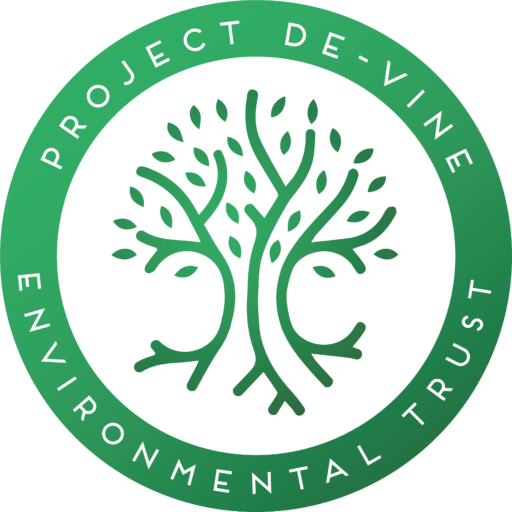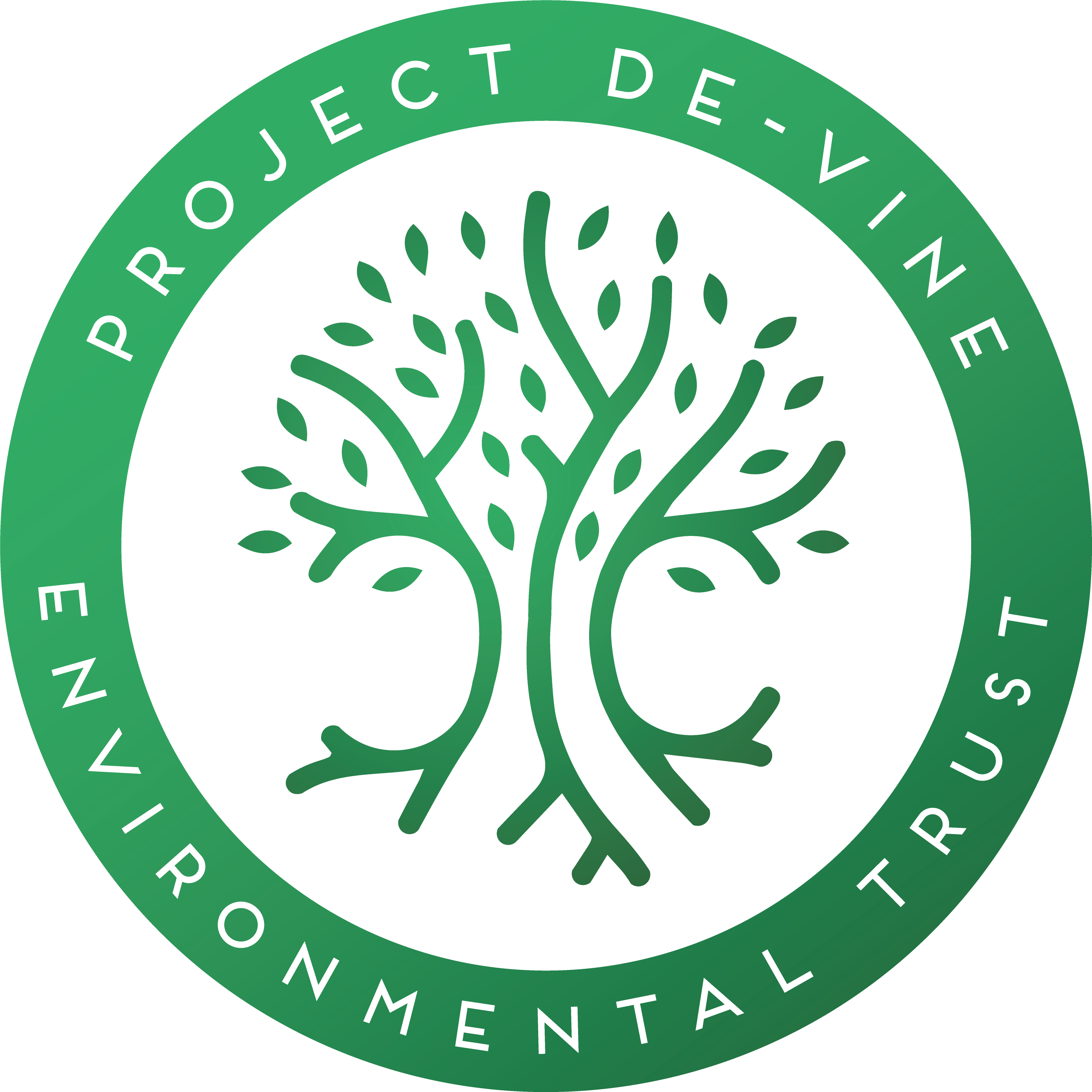
Community-led Goat Control Program in Partnership with Project Janszoon
Project Overview
Introduction
In the heart of Golden Bay, a community-led initiative is taking shape, aimed at reducing the population of feral goats and the environmental damage they cause by over 90% in the eastern Takaka Valley and Wainui Bay. This ambitious endeavor is made possible through the collaborative efforts of two charitable trusts: Project De-Vine and Project Janszoon. The Golden Bay Goat Control Program, a partnership between these organizations, is setting out to preserve the region’s delicate ecosystem by tackling the detrimental effects of feral goats on the environment.
The Goal
Feral goat populations in the region have been growing at an alarming rate, increasing by approximately 30% annually. If left unchecked, these goats could revert to their original numbers within just a few years. To thwart this alarming trend, the Golden Bay Goat Control Program aims to eliminate over 90% of the goat population, thus significantly slowing their recovery.
Why Control Feral Goats?
- Forest Damage: Feral goats are notorious for their voracious appetite, which can lead to the destruction of trees and plants. They strip bark off trees and consume young seedlings, impeding forest regeneration. Moreover, their grazing habits can alter the composition of regenerating forests, jeopardizing the work of Project De-Vine in restoring native forests.
- Slope Instability: Goat damage extends beyond vegetation destruction. They trample and compact soil, remove protective plants, and render the landscape more susceptible to soil erosion. Research shows that goat control can aid soil retention and reduce local-scale erosion.
- Carbon Reduction: Healthy native forests are essential for sequestering carbon from the atmosphere. However, feral goats, by consuming vast amounts of vegetation, undermine the capacity of trees to perform this crucial function. Additionally, goats are prolific methane producers, emitting significant amounts of greenhouse gases.
- Farming: Feral goats pose a significant challenge to local farmers. They carry parasites, graze on pasture, damage plantings, destroy fences, and compact soils. Federated Farmers are currently supporting a 2023 national goat hunting competition to address these farming-related issues.
- Protecting the Park: For a decade, Project Janszoon has worked tirelessly to transform Abel Tasman National Park ecologically. One of the biggest threats to the Park is the influx of goats from neighboring areas. The Golden Bay Goat Control Program is committed to safeguarding the investments of time and effort made by local individuals in the Park.
What Sets This Program Apart?
The Golden Bay Goat Control Program enjoys a combination of funding and modern technology that equips it for success. However, the key to achieving its goal lies in the collective participation of the community. The success of this initiative depends on everyone playing their part, whether by reporting goat sightings or permitting control efforts on private land. Your support and involvement are invaluable.

Control Methods
The program employs a multifaceted approach to control goat populations, subject to approval by landowners. These methods include ground hunting with dogs, aerial control using helicopter-mounted thermal cameras, and the use of detection tools such as drones. All these efforts are orchestrated by skilled and experienced contractors, with a preference for employing local contractors wherever feasible. It’s essential to note that the program focuses exclusively on goat control and will not hunt pigs or deer.

Funding and Support
The Golden Bay Goat Control Program is made possible through the combined efforts of Project De-Vine and Project Janszoon. Generous grants from the NZ Lottery Grants Board and the DOC Community Fund have provided crucial financial support. As charitable trusts, both organizations welcome any additional support from the community.

Conclusion
The Golden Bay Goat Control Program is a testament to the power of community collaboration and dedication to the preservation of our natural environment. With the combined resources, technology, and commitment of Project De-Vine and Project Janszoon, this initiative is on its way to making a profound impact on the Golden Bay ecosystem. By taking swift and decisive action against the destructive feral goat population, we are securing a brighter and more sustainable future for this pristine region.
For more information and ways to contribute, please visit janszoon.org or pdvet.org.nz, or contact Project Manager Andrew Macalister at 027 6228135 or andrew@rdenvironmental.co.nz. Your involvement is critical in the success of this program, and together, we can ensure the protection of Golden Bay’s natural beauty for generations to come.
Want to contribute the success of this project?
Get In Touch
Have a project you’d like to partner on?
